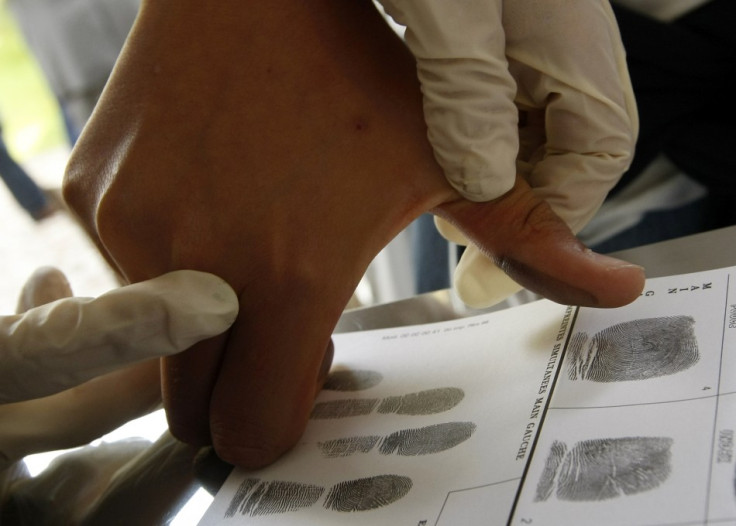Hundreds of terrorist DNA and fingerprint records lost after UK police and spy blunders

Data on up to 800 terrorists has been lost due to blunders by police and spies that prevented DNA and fingerprint profiles from being stored indefinitely. The biometric profiles lost account for one in 10 of the 8,000 fundamentalists who appear on the UK government's counter-terrorist database.
A recent report by Alastair MacGregor QC, the UK's biometrics commissioner found that 810 profiles had to be destroyed because records were not filled out correctly to allow them to be stored indefinitely.
Of those 810 profiles, all of whom were for people who had been questioned but not charged with an offence, 10 of the people were considered dangerous enough to national security that the Security Service had requested they be saved – and provided evidence supporting their claim.
But mistakes made by the police saw paperwork not filled out that would have allowed the profiles to be stored indefinitely – as opposed to being destroyed after six months, as per the law for people who were not charged with an offence.
MacGregor said the destruction of the files had been the result of delays both from security services in questioning suspects and from police in transferring DNA material.
Assistant chief constable Alan Barr, deputy senior national coordinator for counter-terrorism, explained to The Daily Telegraph: "This was a result of a number of different factors across our processes.
"We have worked with the biometrics commissioner to develop a comprehensive plan to rectify the immediate issues and to ensure this will not happen again.
"The identity of these individuals is known and the risks they potentially pose are being managed in conjunction with partner agencies to minimise any long-term risk to the public."
The mistakes come as the UK is on high terror alert, and MPs said the blunder did little for public confidence.
© Copyright IBTimes 2024. All rights reserved.






